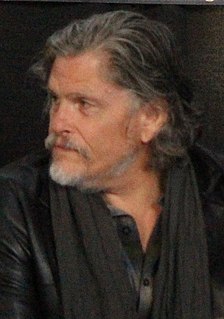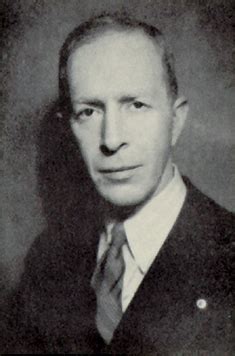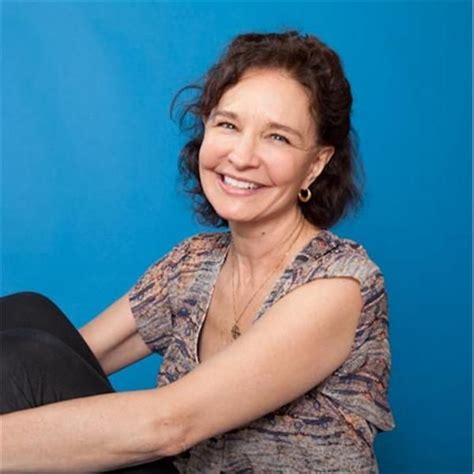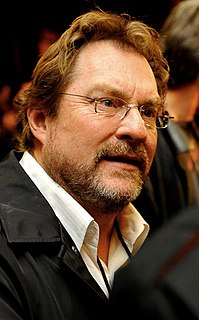A Quote by Paul Feyerabend
One might get the impression that I recommend a new methodology which replaces induction by counterinduction and uses a multiplicity of theories, metaphysical views, fairy tales, instead of the customary pair theory/observation. This impression would certainly be mistaken. My intention is not to replace one set of general rules by another such set: my intention is rather to convince the reader that all methodologies, even the most obvious ones, have their limits.
Quote Topics
Related Quotes
The naive which is simultaneously beautiful, poetic, and idealistic, must be both intention and instinct. The essence of intention, in this sense, is freedom. Consciousness is far from intention. There is a certain enamoured contemplation of one's own naturalness or silliness which itself is unspeakably silly. Intention does not necessarily require a profound calculation or plan.
Almost everyone... seems to be quite sure that the differences between the methodologies of history and of the natural sciences are vast. For, we are assured, it is well known that in the natural sciences we start from observation and proceed by induction to theory. And is it not obvious that in history we proceed very differently? Yes, I agree that we proceed very differently. But we do so in the natural sciences as well.
What the founders of modern science ... had to do, was not criticize and to combat certain faulty theories, and to correct or to replace them by better ones. They had to do something quite different. They had to destroy one world and replace it by another. They had to reshape the framework of our intellect itself, to restate and to reform its concepts, to evolve a new approach to Being, a new concept of knowledge, and a new concept of science - and even to replace a pretty natural approach, that of common sense, by another which is not natural at all.
Researching real people and doing them, I think, is harder than anything else. You don't want to do a caricature of them and you don't want to do an impression. You just want to do the best you can, in terms of presenting their views and a general impression of the guy. That's the hardest thing to do, real people.
Usually naive interviewers hover between two mutually contradictory convictions: one, that a text we call creative develops almost instantaneously in the mystic heat of inspirational raptus; or the other, that the writer has followed a recipe, a kind of secret set of rules that they would like to see revealed. There is no set of rules, or, rather, there are many, varied and flexible rules.
Individuals who break through by inventing a new paradigm are almost always either very young men or very new to the field whose paradigm they change. These are the men who, being little committed by prior practice to the traditional rules of normal science, are particularly likely to see that those rules no longer define a playable game and conceive another set that can replace them.
Even mistaken hypotheses and theories are of use in leading to discoveries. This remark is true in all the sciences. The alchemists founded chemistry by pursuing chimerical problems and theories which are false. In physical science, which is more advanced than biology, we might still cite men of science who make great discoveries by relying on false theories.








































